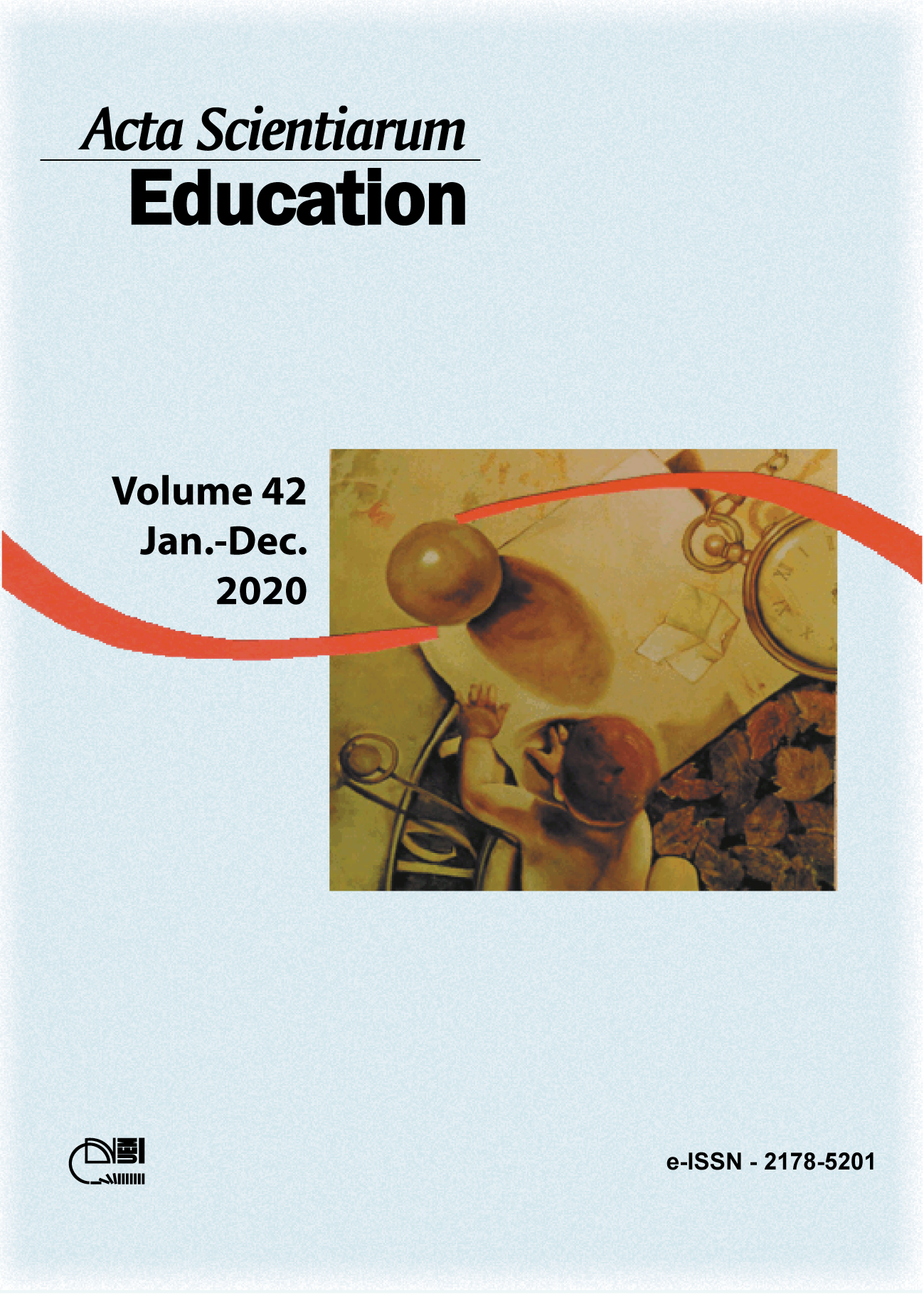Education reforms in the School of Pharmacy of Ouro Preto (1890-1911)
Abstract
This research is aimed at understanding the repertory of ideas around the first education reforms within the Republican Period: Benjamin Constant (1890), Epitácio Pessoa (1901), and Rivadávia Côrrea (1911); the consequences these reforms had on an important undergraduate institution in the history of Brazil, the School of Pharmacy in Ouro Preto, Minas Gerais, and the reactions from the pharmaceutical class in face of the educational vicissitudes in the First Republic. In order to carry out this research, it was necessary to appraise studies from the Historiography of Education, as well as those of the New Political History, and the theoretical support from the concept of Republican Political Culture. Regarding documentation, we performed an investigation of the collection of laws and decrees of the education reforms, the President’s reports of the State of Minas Gerais, besides other documents found within the School’s Archive, composed of regulations, enrollment books, and individual documents. Analyzing the entrance exams required to study at the School of Pharmacy and the courses offered by this institution, it is noted that the Ouro Preto’s pharmaceutical group composed of teachers, students, and principals, was divided between a wish for change and resistance to the reforms implemented at the beginning of the republican period.
Downloads

This work is licensed under a Creative Commons Attribution 4.0 International License.
DECLARATION OF ORIGINALITY AND COPYRIGHTS
I declare that this article is original and has not been submitted for publication in any other national or international journal, either in part or in its entirety.
The copyright belongs exclusively to the authors. The licensing rights used by the journal are the Creative Commons Attribution 4.0 (CC BY 4.0) license: sharing (copying and distributing the material in any medium or format) and adaptation (remixing, transforming, and building upon the material thus licensed for any purpose, including commercial purposes) are permitted.
It is recommended that you read this link for more information on the subject: providing credits and references correctly, among other crucial details for the proper use of the licensed material.














































